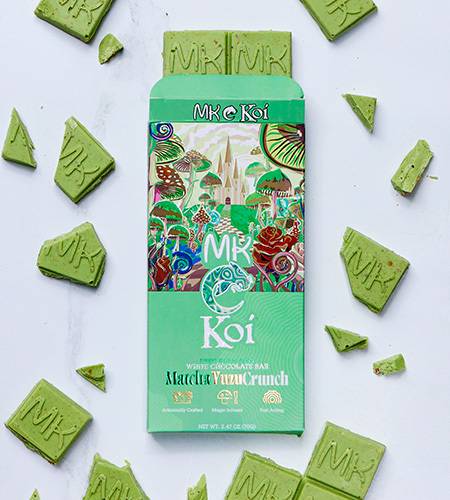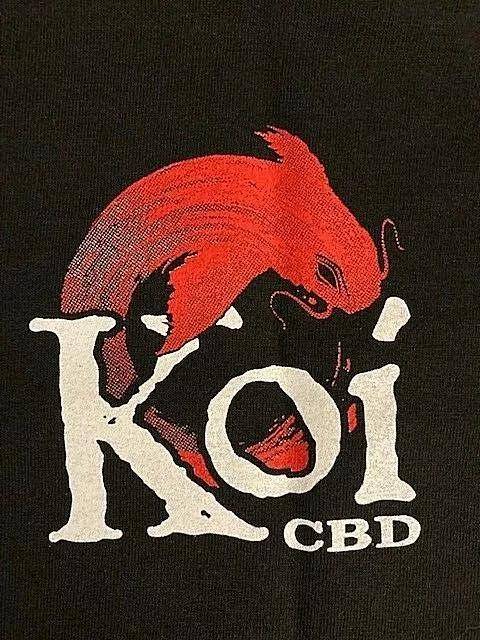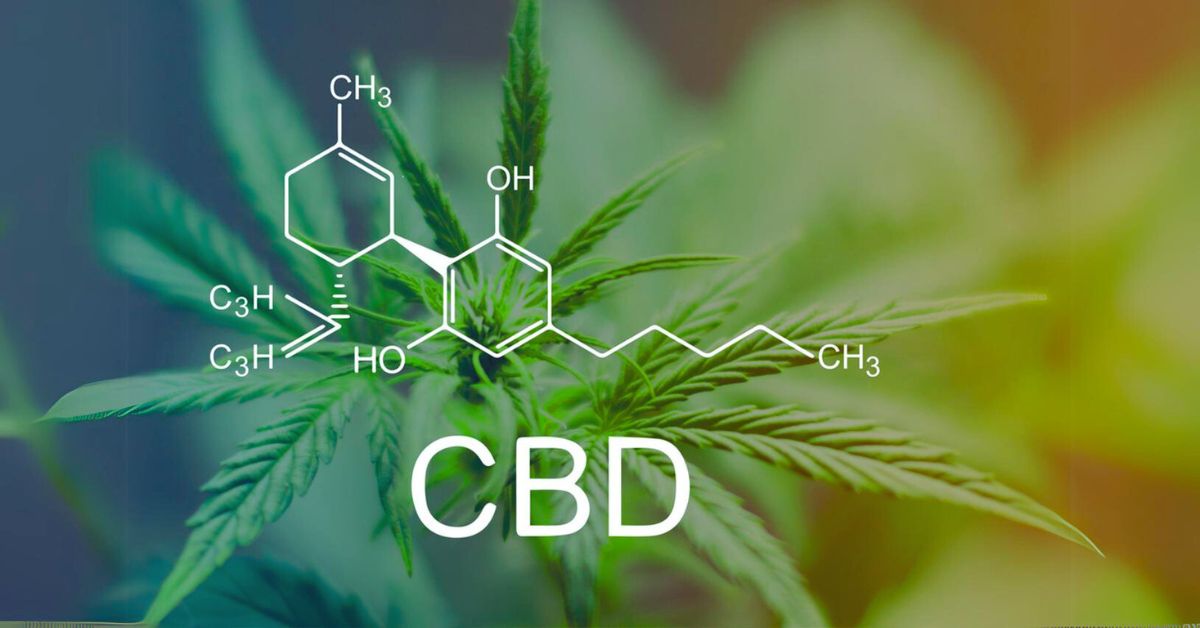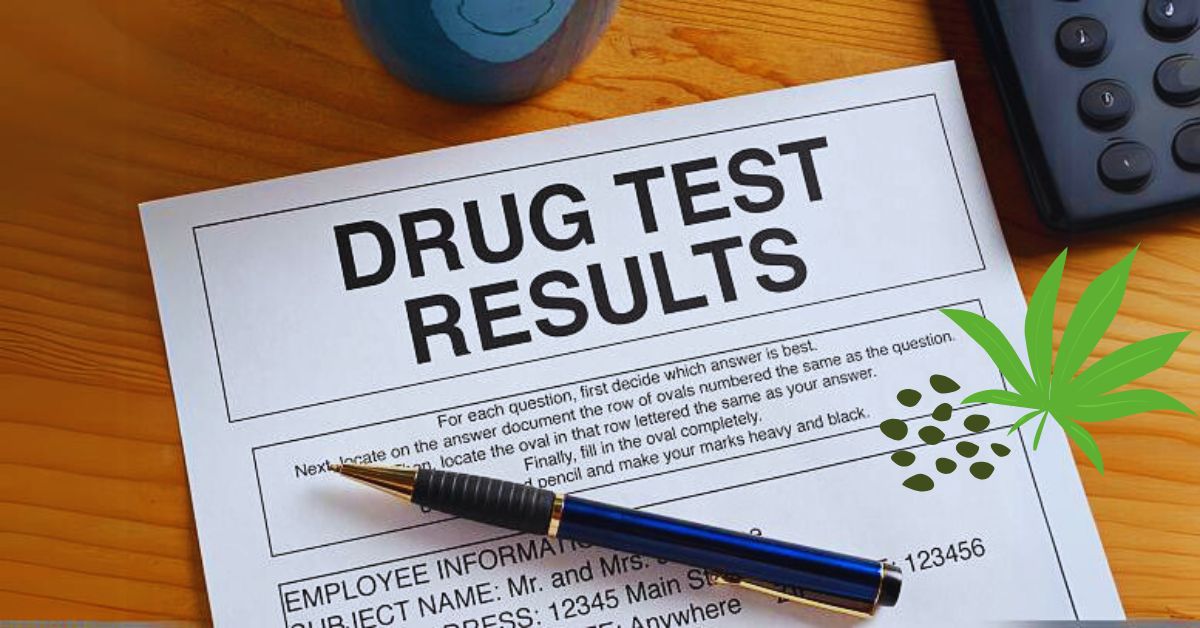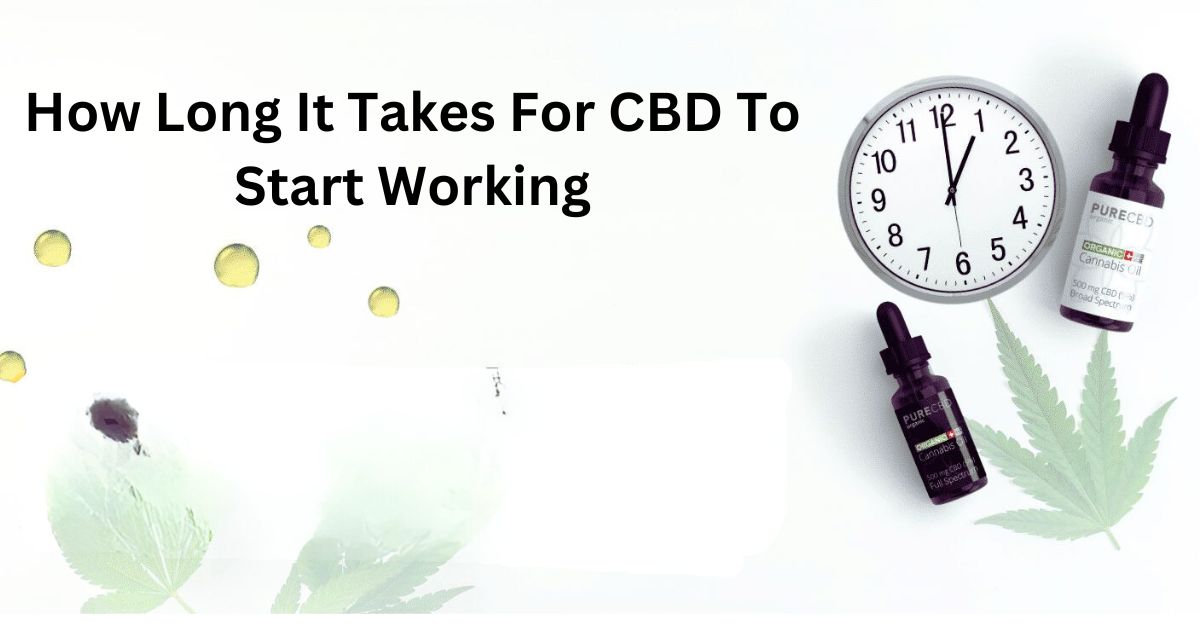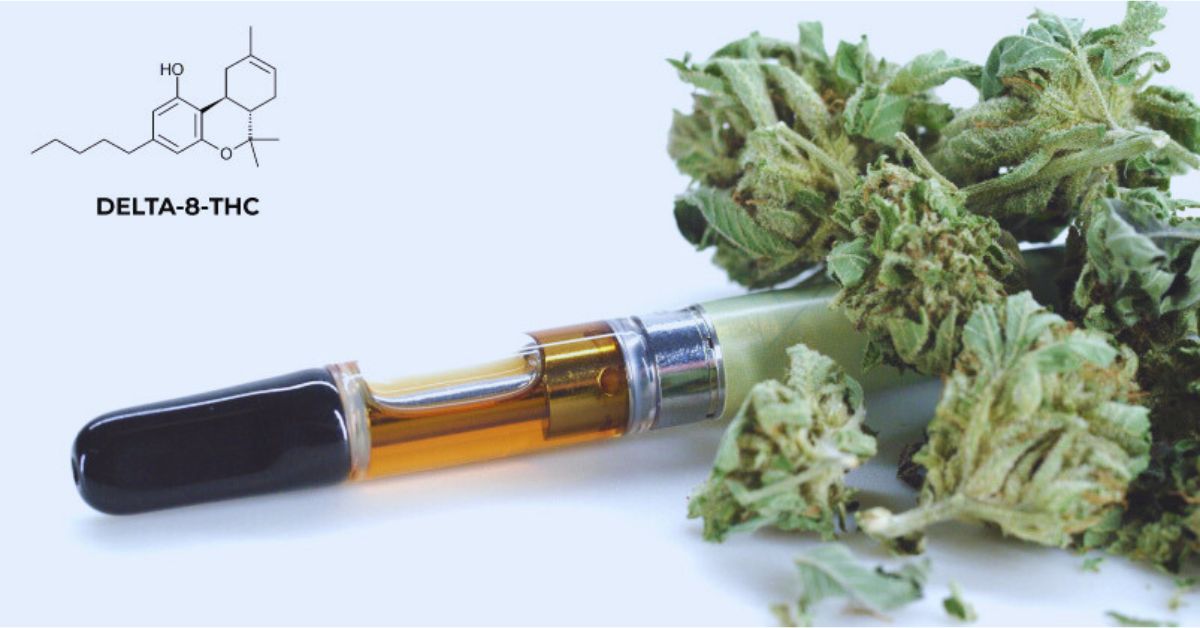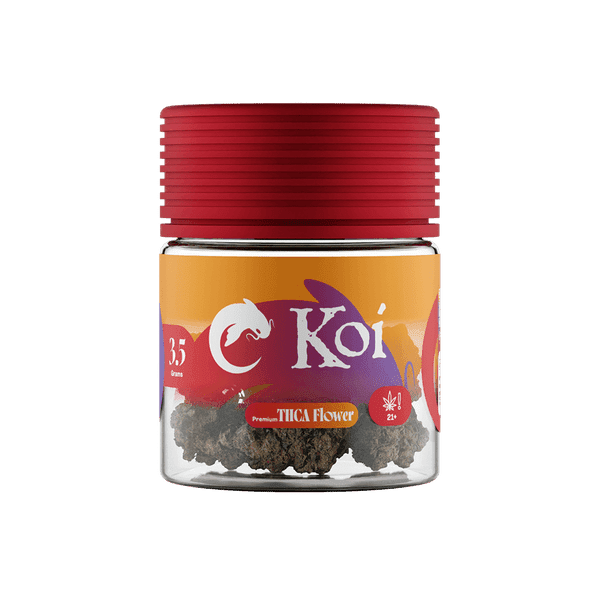These days, CBD is everywhere you look. People are now more aware of the chemical and its advantages than before. However, if you’ve never been to CBD before, you might not know where to start or where to go for trustworthy information. Come along as we explain CBD and all the information you need to get started.
What is CBD?
Among the many active ingredients in cannabis is CBD. Tetrahydrocannabinol (THC) is psychoactive; however, CBD is not. Since CBD is non-psychoactive, it doesn’t produce a “high.”
CBD obtained from industrial hemp still has many health benefits. However, products made from cannabis may be more effective than those made from hemp.
You can still benefit from goods that contain CBD derived from industrial hemp whether you live in a state that hasn’t authorized medical cannabis yet or if these products aren’t readily available. We advise you to review the CBD laws in your state.
Is CBD Safe?

CBD side effects may include irritation, exhaustion, and nausea. CBD can raise their levels in your blood by vying for the liver enzymes that split down blood thinners and other medications. Certain medications have a similar effect as grapefruit. This interaction is crucial if you are taking an immunosuppressive drug, blood thinner, or anti-epileptic medication—all of which require stable blood levels.
High dosages of CBD may cause anomalies in blood tests related to the liver. Acetaminophen (Tylenol) is one of the many over-the-counter medications that have this same effect. If you use CBD regularly, inform your doctor so they can periodically check your liver enzyme levels.
The fact that CBD is mostly advertised and sold as a complement rather than a medication raises serious safety concerns. The safety and quality of dietary supplements are currently unregulated by the FDA, and the Koi CBD orally market is essentially unregulated. Therefore, it is impossible to guarantee that your product contains active chemicals at the dosage specified on the label.
The product might also include other unidentified components. The safest way to purchase CBD is to include a certificate of research (COA) with every CBD product, which certifies to independent laboratory testing.
How long for CBD to work and Cannabidiol is different from Marijuana, Cannabis, and Hemp
The second most standard active component in cannabis (marijuana) is Cannabidiol or CBD. Although CBD is a vital part of medicinal cannabis, it is either produced in a lab or extracted straight from the hemp plant, which is a relative of marijuana. CBD, one of hundreds of other ingredients in marijuana, does not produce a high on its own.
A World Health Organization report says that “CBD does not display any signs of abuse or dependence possibility in humans.” There is presently no evidence that using pure CBD causes any issues relating to public health. The journal Neuropsychopharmacology has published a study that found that “acute CBD alone is unlikely to significantly impair daily functioning or workplace performance.”
Is CBD Legal?
A basic understanding of the cannabis sativa plant family is necessary to comprehend the legality of CBD. Although they are both members of the same family, hemp has a lower THC content than marijuana, and vice versa. Congress legalized hemp in 2018 with the condition that it has a reduced THC percentage.THC content of 3% or less, measured in dry weight.
However, state regulations governing the use of CBD differ; some make it completely lawful, while others place limitations on it. However, experts warn that as long as consumers avoid purchasing CBD products that also have THC levels above the legal limit, prosecution is unlikely to occur. “If you don’t violate federal law, you won’t be prosecuted for purchasing CBD products,” Koturbash explains. However, selling CBD is a different matter.
Since the FDA has approved CBD as a pharmaceutical (Epidiolex), it can only be sold as a dietary supplement or added to food if the FDA specifically certifies that it is safe to do so, which it has yet to do.
So why are there so many CBD products on the market? It is partly due to the FDA’s limited resources, which limit its ability to do more than send warning letters to businesses. The agency has done so roughly 100 times in the last five years.
Industry associations have, in the meanwhile, asked the FDA to issue regulations that would permit the lawful sale of CBD. The FDA denied the request in January, stating that CBD did not adhere to the safety regulations at the time. Rather, the FDA recommended establishing a new regulatory framework incorporating protections like a minimum legal buying age. However, establishing such a method would necessitate a congressional act unlikely to occur anytime soon. Experts argue that given the current situation, they can appreciate the FDA’s reluctance to regulate are gummies legal.
Babalonis states, “As far as I can tell, no prescription drug has ever been sold in food and drink or as supplements at the same time.” “This is a pretty unusual situation.”
How long is CBD Oil good for, and How do you use Cannabis Oil?
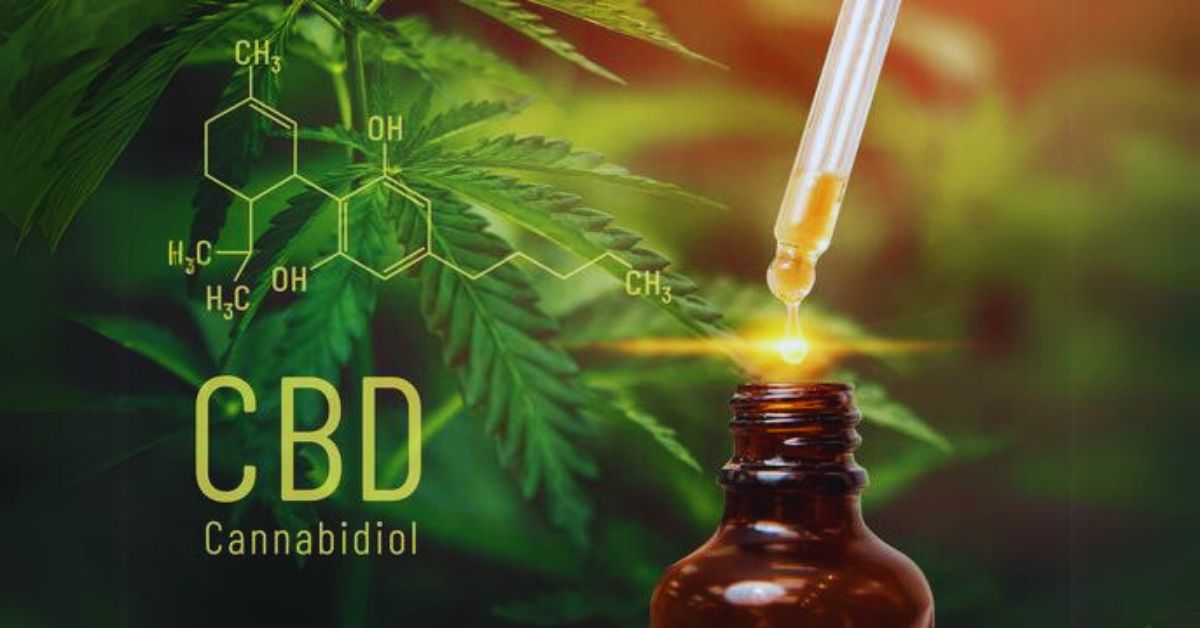
Is CBD a medicine?
Scientists are still investigating the effects of CBD on the body. To assist in treating uncommon seizure disorders, the U.S. Food and Drug Administration (FDA) approved Epidiolex, a medication that contains pure CBD from hemp. According to the FDA, this medication is both safe and effective for the purpose for which it is prescribed. However, other commercially available CBD products and applications might not have received FDA approval yet.
Potential harms and side effects
There are risks associated with using CBD/THC products. The FDA has little information about the safety of CBD and Cannabis for Period Cramps. Before taking CBD, please take into account these potential dangers and adverse effects:
- Damage to the liver
- conflict with any medications you’re taking, which could cause harm or severe adverse effects.
- Feeling tired or sleepy
- Changes in appetite or diarrhea
- Mood swings, including irritation
Using CBD during pregnancy is not recommended
Using CBD while pregnant is not advised. It is yet unknown how consuming CBD products during pregnancy may affect one’s health. High dosages of CBD have been shown to harm developing fetuses in animals.
Whether CBD is transferred to a newborn through breast milk is unknown. People who are nursing are advised not to take CBD because it has been linked to serious side effects.
Risk of unintentional poisoning
THC-containing products are sold by many companies that sell hemp and CBD products. People should take caution to avoid confusing THC products with hemp or CBD products. THC-containing products may cause negative side effects and intoxicating effects. Furthermore, the FDA does not control the majority of CBD products. Customers should, therefore, be informed that goods marketed as hemp or CBD may also contain THC, harmful metals, pesticides, bacteria, or fungi.
In 2021, the CDC issued a Health Alert Network (HAN) Health Advisory to warn consumers that CBD can be synthetically transformed into the psychoactive and poorly understood Delta-8 THC. This warning alerts customers to the possibility of negative consequences brought on by inadequate labeling of THC and CBD-containing products.
What are the Possible Benefits of using CBD?
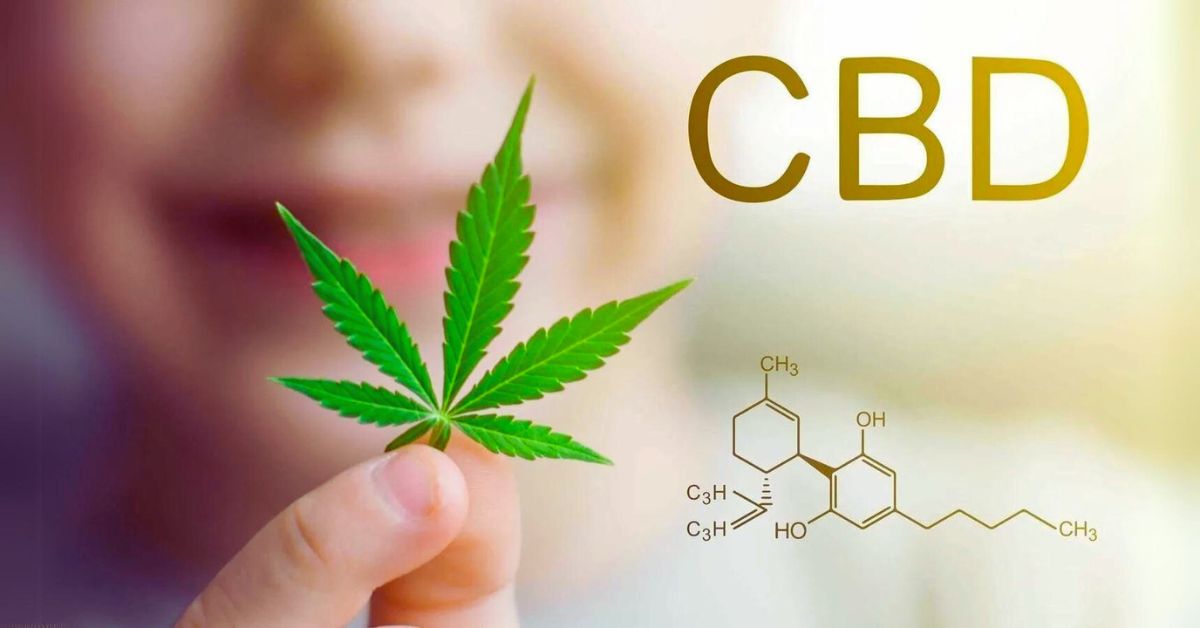
Although there isn’t much research on CBD, the findings from the subjects that specialists have looked into are encouraging. According to certain research, CBD may be useful in feasting a range of physical and mental health issues.
A 2014 study on human cells discovered that CBD cream was an efficient anti-inflammatory, while a 2015 study on rats suggested that CBD oil might help relieve arthritis-related pain.
Similarly, CBD may aid in the treatment of epilepsy and other seizure disorders in children. According to the American Cancer Society (Trusted Source), there is evidence that CBD has anticancer effects and can help address the negative effects of cancer treatments.
To fully comprehend the potential advantages of taking CBD as a supplemental treatment for mental and physical health issues, more research is required.
Are there any Side Effects or Risks to Consider when using CBD?
Many people generally tolerate CBD well. However, some may encounter mild side effects such as:
- Dry mouth
- Diarrhea
- Decreased appetite
- Drowsiness
- Fatigue
Can CBD thin blood and other prescription and over-the-counter medications may also interact with CBD?
Your risk of negative consequences may vary depending on the:
- Product’s strength and purity
- Amount used
- Consumption type
- Potential for interaction with other drugs
Before purchasing or using a CBD product, check the manufacturer’s website and carefully read the label. Choosing premium, lab-tested CBD products will help lower your chance of experiencing negative side effects.
Reputable manufacturers typically post a certificate of analysis (COA) online. This record of all test results attests to the product’s ingredients, including the kind and quantity of edible CBD oil. The most current COA ought to be a year old at maximum.
Consultation
Some CBD producers have come under government scrutiny for making outrageous and unsupportable claims, such as that CBD can cure COVID-19 or cancer, which is untrue. Although further research is required, CBD is showing promise as a useful, mostly non-toxic treatment for chronic pain, anxiety, and insomnia. We are unable to determine effective dosages in the absence of adequate high-quality information from human trials. As CBD is now primarily sold as an unregulated supplement, it might be challenging to conduct research or to know exactly what you are getting.
If you try CBD, be cautious and purchase it from a reliable source. Once more, please talk to your doctor about using CBD or any other accessories to ensure that they won’t interfere with any other medications you take.
FAQs
Is CBD the same as Cannabis Drops?
Two compounds found in the cannabis plant are CBD and THC. Although they are both cannabinoids, their effects on your body differ. The intoxicating properties of THC are not present in CBD.
Is CBD Considered a Drug?
CBD was taken off the Food and Drug Administration’s (FDA) list of restricted substances in 2018.
Although it no longer views CBD as a medication in and of itself, it is present in Epidiolex, a medication that the FDA has approved (Trusted Source) to treat seizure disorders.
Is CBD Bad for you?
There is always a chance that a CBD product will include more CBD or THC than the label indicates because CBD is still a fairly new product on the market and is not highly regulated. Unidentified preservatives, flavors, and other ingredients may also be present.
Therefore, it is essential to get lab-tested products from reliable manufacturers. A COA explicitly lists all ingredients and amounts to guarantee customer safety and transparency.
